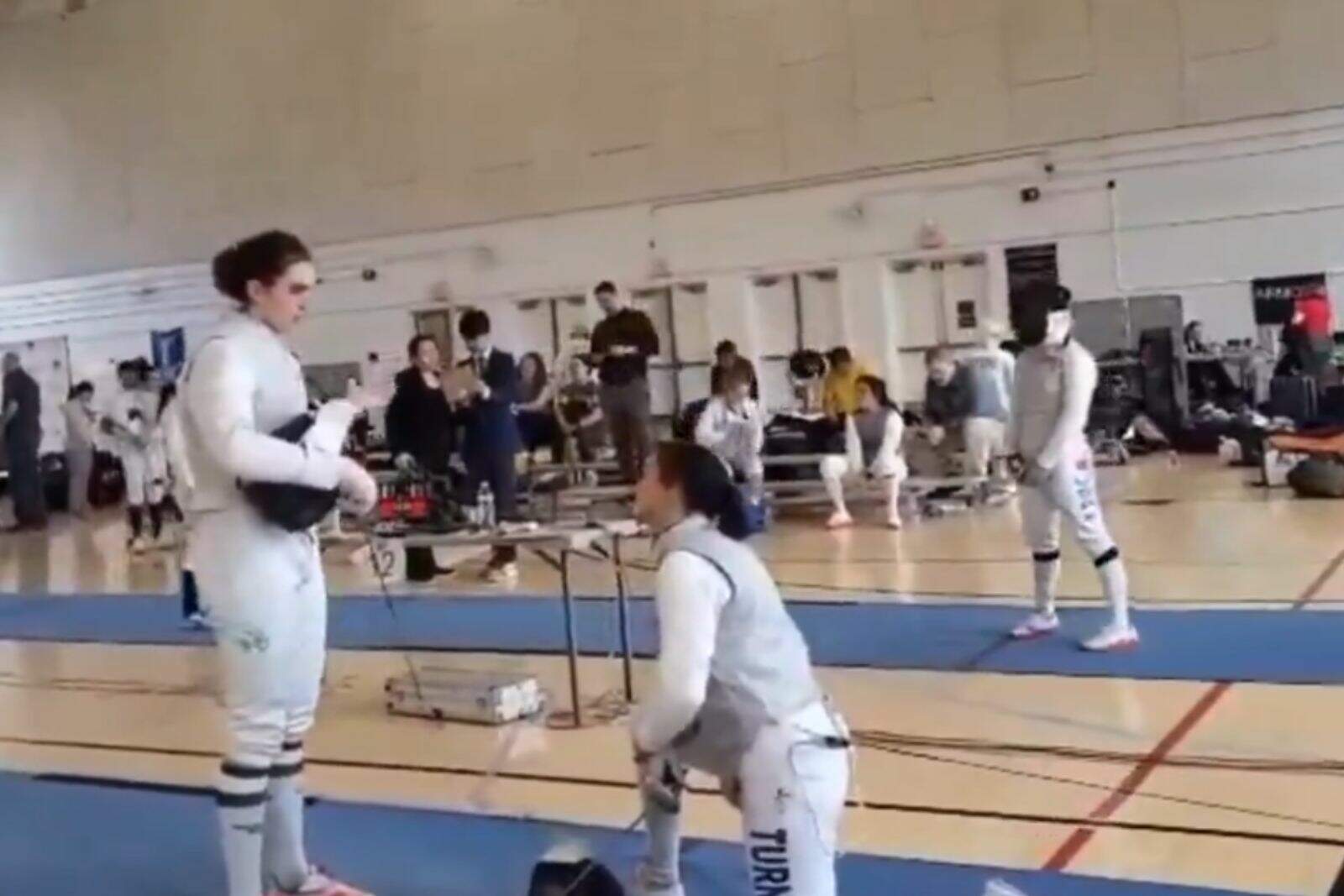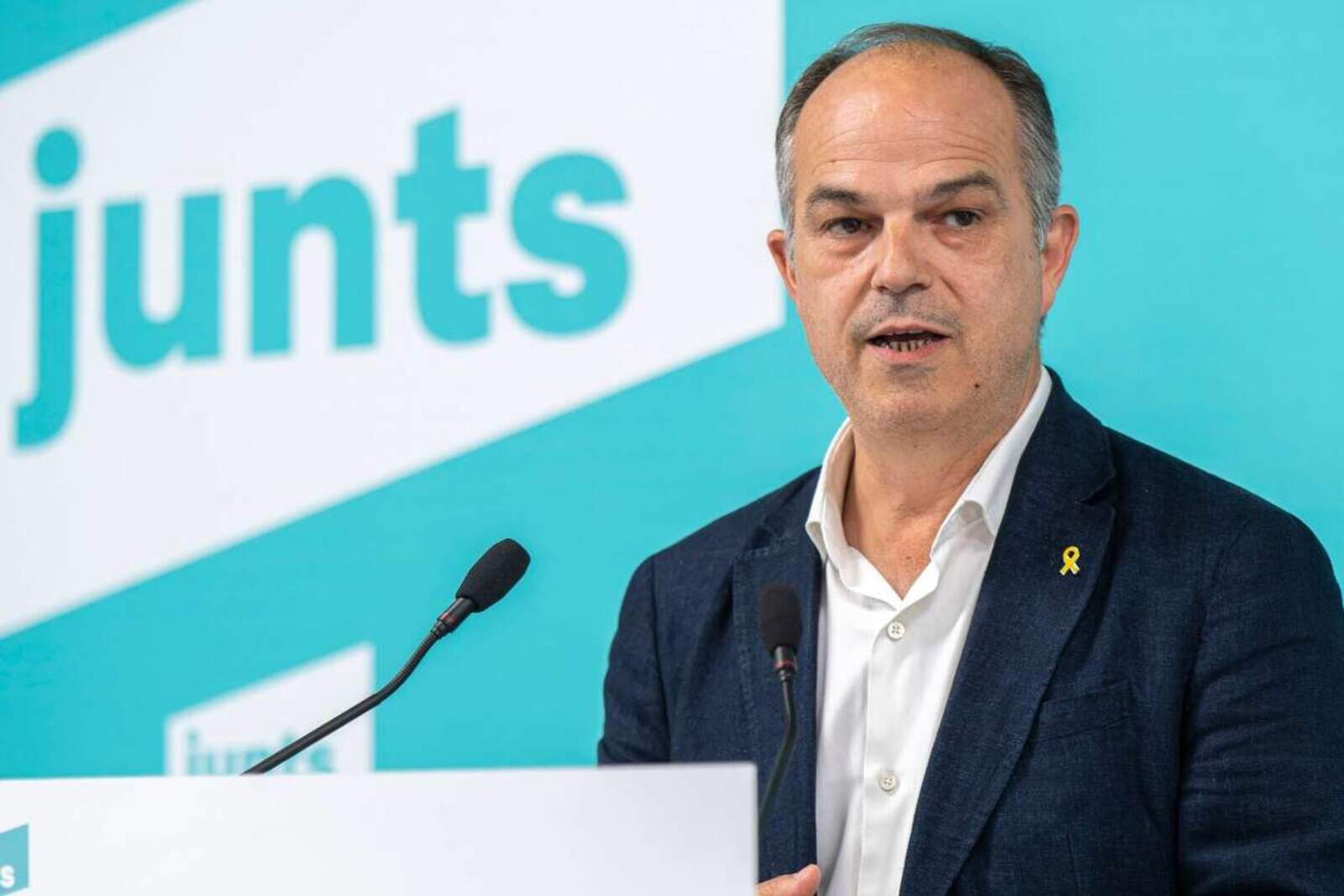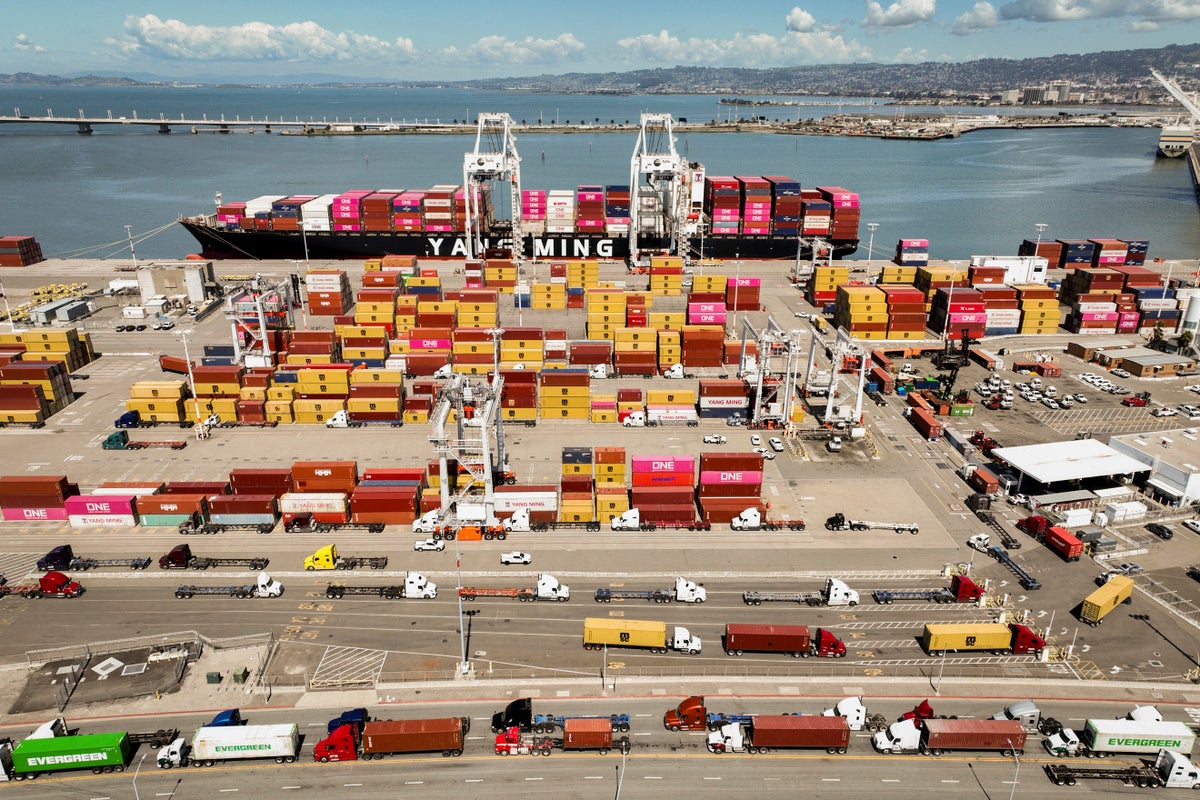For decades, Europe believed that economic interdependence could tame Russian aggression. That illusion collapsed when Moscow invaded Ukraine. Now, as talk of the war ending gains momentum — while the situation remains fickle at best — Europe faces a new challenge: How to deal with Russia going forward.
Isolation is not a viable long-term strategy, but neither is a return to naive rapprochement. In the summer of 2001, Russian President Vladimir Putin stood before the German parliament and delivered a speech in near-perfect German. This moment marked the start of a profound miscalculation on Europe’s part, based on the belief that Russia could be integrated through trade, diplomacy and economic reliance.

.
Politics

Europe must set the terms for postwar Russia engagement now

Past trade with Russia didn't work to limit Moscow, but isolation isn't the way forward either. In an eventual postwar scenario, Europe should opt for deterrence, not dialogue.















